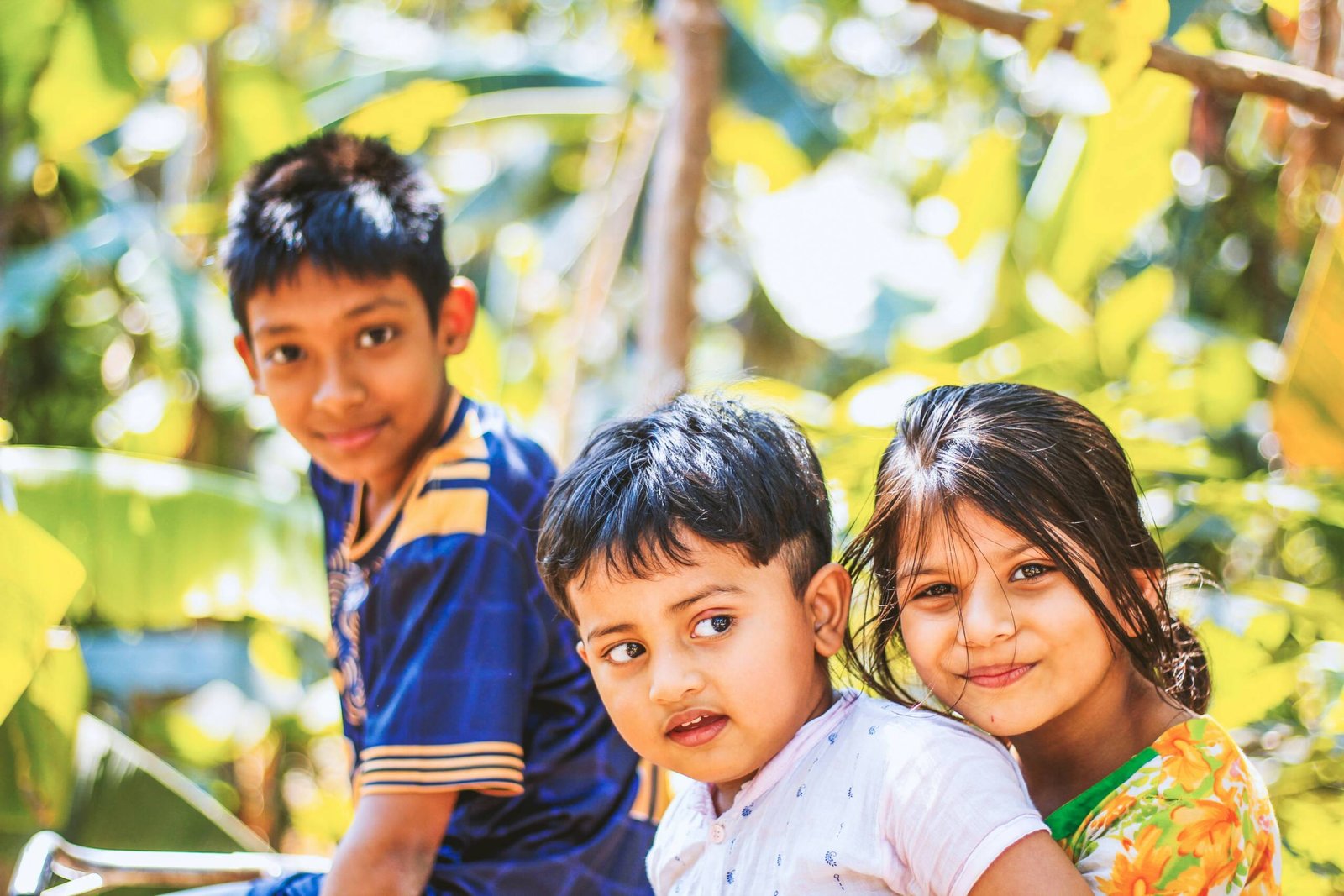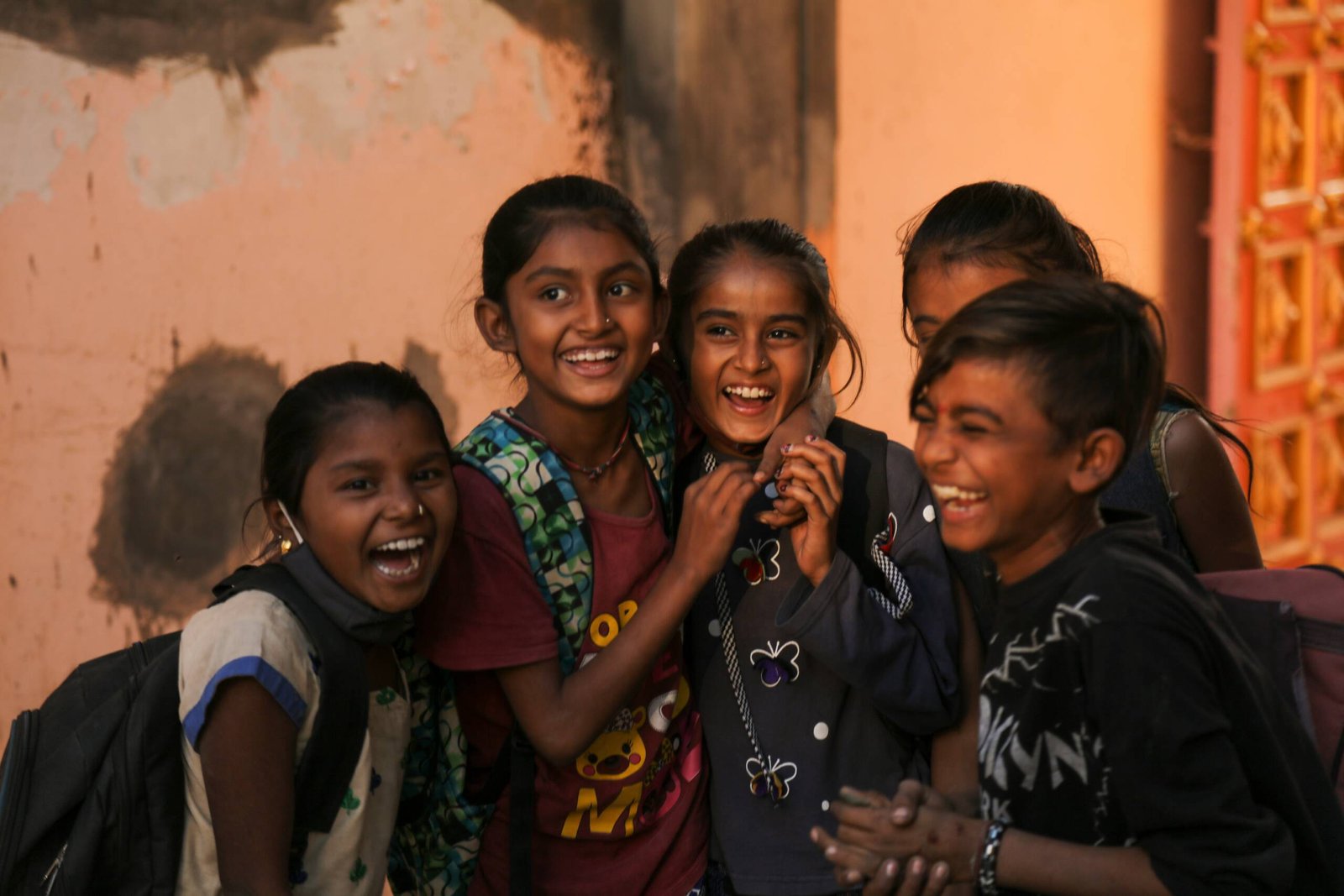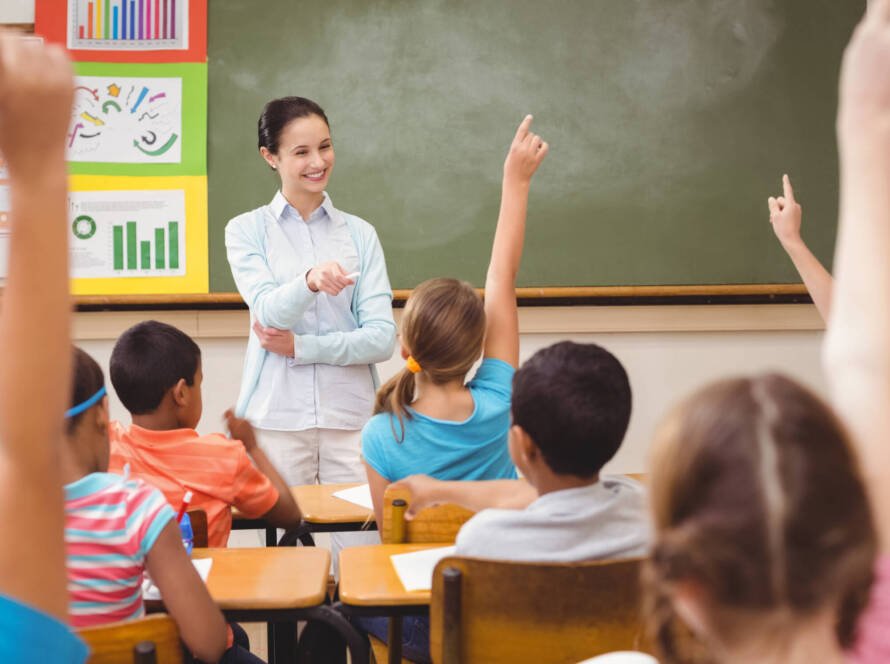Measuring the Unmeasurable: Integrating Socio-Emotional Learning in 360 Assessments
In the silent pauses between questions answered and marks scored lies something far more powerful — a child’s courage to try again, the kindness shown to a classmate, the joy of working together, and the strength to stay calm in a difficult moment. These are not found in report cards, yet they define who a learner truly is.
Socio-Emotional Learning (SEL) — the ability to understand and manage emotions, build healthy relationships, make responsible choices, and empathise with others — is no longer a “nice-to-have.” It is as essential as literacy and numeracy in today’s world. And as NEP 2020 rightly emphasises, education must move beyond the cognitive to nurture the heart and spirit of every child.
But here lies the dilemma — how do we assess something that cannot be seen or scored? How do we measure what lives in the silences, the smiles, and the struggles?
The Need to Redefine Assessment
Traditional assessments have focused largely on academic outcomes. However, in doing so, they often miss the fuller picture of a learner’s development. A child who may not top a test could be a natural leader in a group task. One who speaks less may be deeply thoughtful and empathetic. These dimensions, often overlooked, are vital to both personal success and social harmony.
NEP 2020 calls for a radical reimagination of assessment — one that is holistic, multidimensional, and growth-oriented. At the heart of this vision lies the idea of 360-degree assessments — systems that draw feedback from various stakeholders, and reflect not just what a child knows, but how they grow.


What Makes 360 Assessments Transformative
Unlike standardised tests, 360-degree assessments create space for the whole child to be seen. They include reflections from teachers, peers, parents, and learners themselves. Together, they help capture moments that a test never can — the ability to collaborate, manage conflict, express emotions constructively, or take initiative.
A well-designed 360 assessment does not reduce socio-emotional learning into checkboxes. Instead, it draws upon narratives, observations, conversations, and self-awareness tools that offer insight into a learner’s emotional and interpersonal journey.
And this is not just theory. SEL is deeply grounded in Indian traditions — whether it is the practice of samyama (self-restraint and balance) in the Yogic system, the concept of sahridayata (shared empathy) in Indian aesthetics, or the wisdom of viveka (discernment) from our philosophical texts. Education, as our ancestors believed, is not complete without emotional maturity and ethical grounding.
From Scores to Stories: Making SEL Visible
To make SEL visible, schools need to create structures that invite expression and reflection:
-
Teacher Observations: Noticing how learners interact in groups, handle feedback, or navigate challenges.
-
Peer Feedback: Building trust among classmates to share constructive insights on collaboration and empathy.
-
Parent Reflections: Capturing how children respond to situations at home, show responsibility, or resolve conflicts.
-
Student Journals & Self-Assessments: Encouraging learners to reflect on their actions, choices, and emotions.
It is through these layers that a fuller picture emerges — not of perfection, but of progress. Not of comparison, but of character.
Challenges Worth Embracing
Yes, integrating SEL into assessments demands effort. Teachers need training. Systems need to be sensitively designed. Mindsets need to shift. But the rewards are profound — classrooms become more human, learning becomes more meaningful, and education begins to touch the soul.
We must also move away from the illusion that everything must be quantifiable. Not every aspect of human growth can be captured in numbers — nor should it be. A warm smile, a thoughtful pause, a gesture of courage — these are signs of deep learning too.
A New Lens of Learning
In the truest sense, measuring socio-emotional growth is not about numbers — it’s about nurturing awareness, reflection, and empathy. It is about seeing the learner as a whole person and recognising that academic success without emotional wisdom is incomplete.
360-degree assessments give us a new lens — one that honours not just what children achieve, but who they are becoming. And in doing so, they bring us closer to what education was always meant to be: a journey of the head, the hand, and the heart.
When we begin to measure what truly matters — kindness, resilience, empathy, and courage — we do more than assess learning. We celebrate life itself.



